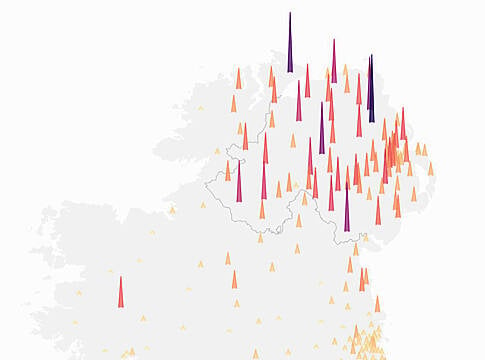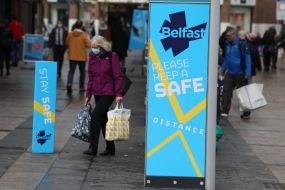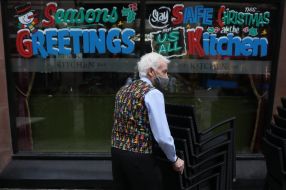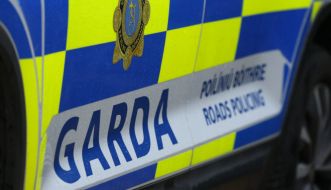Coronavirus rates are highest in the north with areas in Donegal, Antrim, Tyrone and Down seeing a marked increase in infections, new analysis reveals.
Confirmed Covid-19 case numbers from electoral areas in the South and postcode areas in the North give an indication of how the disease is spreading in different communities.
In Northern Ireland the figures cover the two-week period from November 30th to December 13th, and in the South from December 1st to December 14th. Both sets of statistics use the incidence rate of infection per 100,000 of population, giving a better understanding of the spread than straight case numbers.
The BT42 postal district in Co Antrim, which covers parts of Ballymena, has the highest incidence on the island, with 900.6 cases per 100,000 over the two-week period. This is a significant increase from last week when the area had a rate of 638.9.
The neighbouring BT43 postcode also has one of the highest rates, with 698.3 cases per 100,000.
The BT80 postcode in Co Tyrone, which includes Cookstown, follows with 689.5, increasing from 591.6 last week.
The area in the Republic with the highest infection rate is in Co Donegal.
Carndonagh in Inishowen has a 14-day incidence of 795.8, up significantly from a rate of 518.7 a week ago. Letterkenny now has an incidence rate at 228.3 cases per 100,000, down from 322.2 last week.
Claremorris in Co Mayo and Muinebeag in Co Carlow have the highest rates after Carndonagh, at 409 and 326.3 respectively.
Twenty-four local electoral areas recorded less than five confirmed Covid-19 cases in the 14-day period, including: Gort-Kinvara, Co Galway; Ballina, Co Mayo; Skibbereen, Co Cork; Nenagh, Co Tipperary; Ballinamore, Co Leitrim; Killarney, Co Kerry; and Ennis, Co Clare.
In Northern Ireland, the postcodes with the lowest rates are BT77 in Co Tyrone, which recorded one case over the two-week period, and BT4 in Belfast which recorded a rate of 116 cases per 100,000.
R-rate
The latest figures come after the Minister for Health Stephen Donnelly told the Dáil the reproductive rate of Covid-19 in the State had risen to between 1.1 and 1.3 from between 0.9 and 1 last week.
Mr Donnelly, describing the situation as “precarious”, said that with a rate above 1.2 “the cases can rise very, very quickly”.
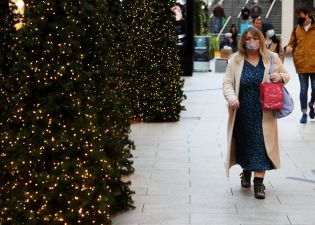
He warned that all indications “are all pointing to a serious increase in cases, and we’ve seen the number of personal contacts rise”.
Rules around household visits and travel between counties will ease as planned for the Christmas period from Friday.
In the North, the Stormont Executive announced a six-week lockdown would come into effect on December 26th.
Case numbers continue to rise in Northern Ireland despite the latest two-week circuit-break. Hospitals across the region are running over capacity.
